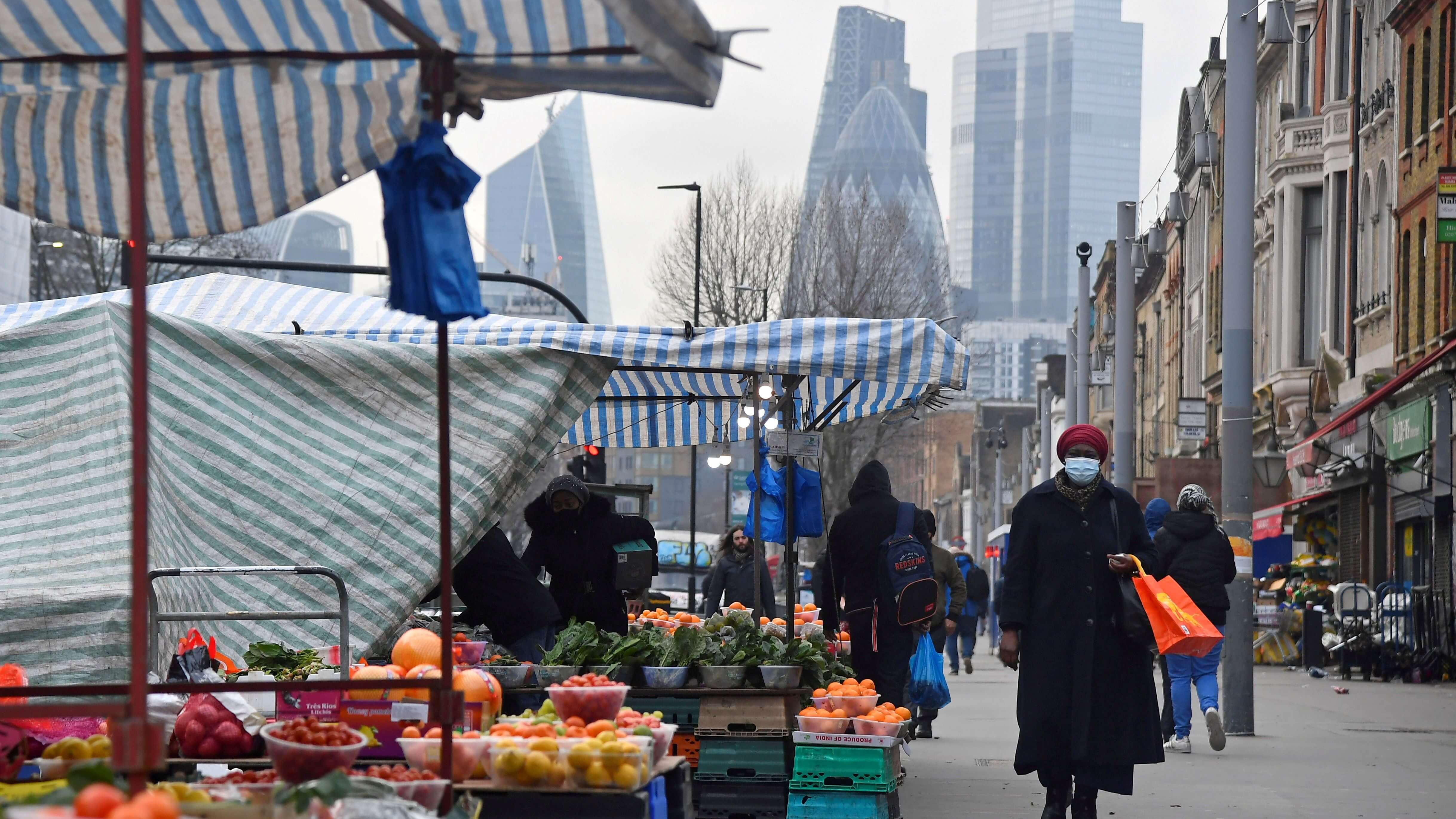UK's Stubborn Inflation Fails To Fall, Turning Up Heat On BoE
The Bank of England is widely expected to raise interest rates tomorrow.

British inflation defied expectations that it would slow and held at 8.7% in May, data showed on Wednesday, putting yet more pressure on the Bank of England a day before it is forecast to raise interest rates for the 13th time in a row.
The latest figures make British inflation the highest of any major advanced economy once again, and a key measure of underlying price growth rose to its highest since 1992, prompting markets to increase their bets on rate rises.
Economists polled by Reuters had forecast that the annual consumer price inflation rate would drop to 8.4% in May, moving further away from October's 41-year high of 11.1%.
"May's CPI figures ratchet up the pressure on the Monetary Policy Committee to increase Bank Rate substantially further over the coming months," Samuel Tombs, chief UK economist at Pantheon Macroeconomics, said.
Sterling briefly jumped against the U.S. dollar and the euro after the figures were released before losing most of its gains.
The Office for National Statistics said core inflation - a measure which excludes volatile food, energy, alcohol and tobacco prices, and which the BoE views as a good guide to underlying price pressures - unexpectedly rose to 7.1% from 6.8%, its highest since 1992.
"The cost of airfares rose by more than a year ago and is at a higher level than usual for May," Office for National Statistics chief economist Grant Fitzner said.
"Rising prices for second-hand cars, live music events and computer games also contributed to inflation remaining high."
Food and drink price inflation dropped slightly to 18.3% from April's 19.0%.
The BoE is widely expected to raise interest rates on Thursday to 4.75% from 4.5%. After Wednesday's data, markets fully priced in interest rates reaching 6% by December - up from around a 50% chance of such a move on Tuesday.
Paul Dales, chief UK economist at Capital Economics, said the higher-than-expected inflation reading increased the chances of the BoE raising rates by half a percentage point on Thursday.
"The problem is that the recent surge in core inflation and the re-acceleration in wage growth shows that domestic inflationary pressures are still strengthening. This suggests the Bank may have more work to do than the Fed or ECB," Dales said.
Britain's high inflation rate is also a problem for Prime Minister Rishi Sunak who has promised to halve the pace of price growth by the end of 2023 before an expected national election in 2024.
"We will not hesitate in our resolve to support the Bank of England as it seeks to squeeze inflation out of our economy, while also providing targeted support with the cost of living," finance minister Jeremy Hunt said.
(Editing by Andrew Heavens)
Thanks for signing up to Minutehack alerts.
Brilliant editorials heading your way soon.
Okay, Thanks!

